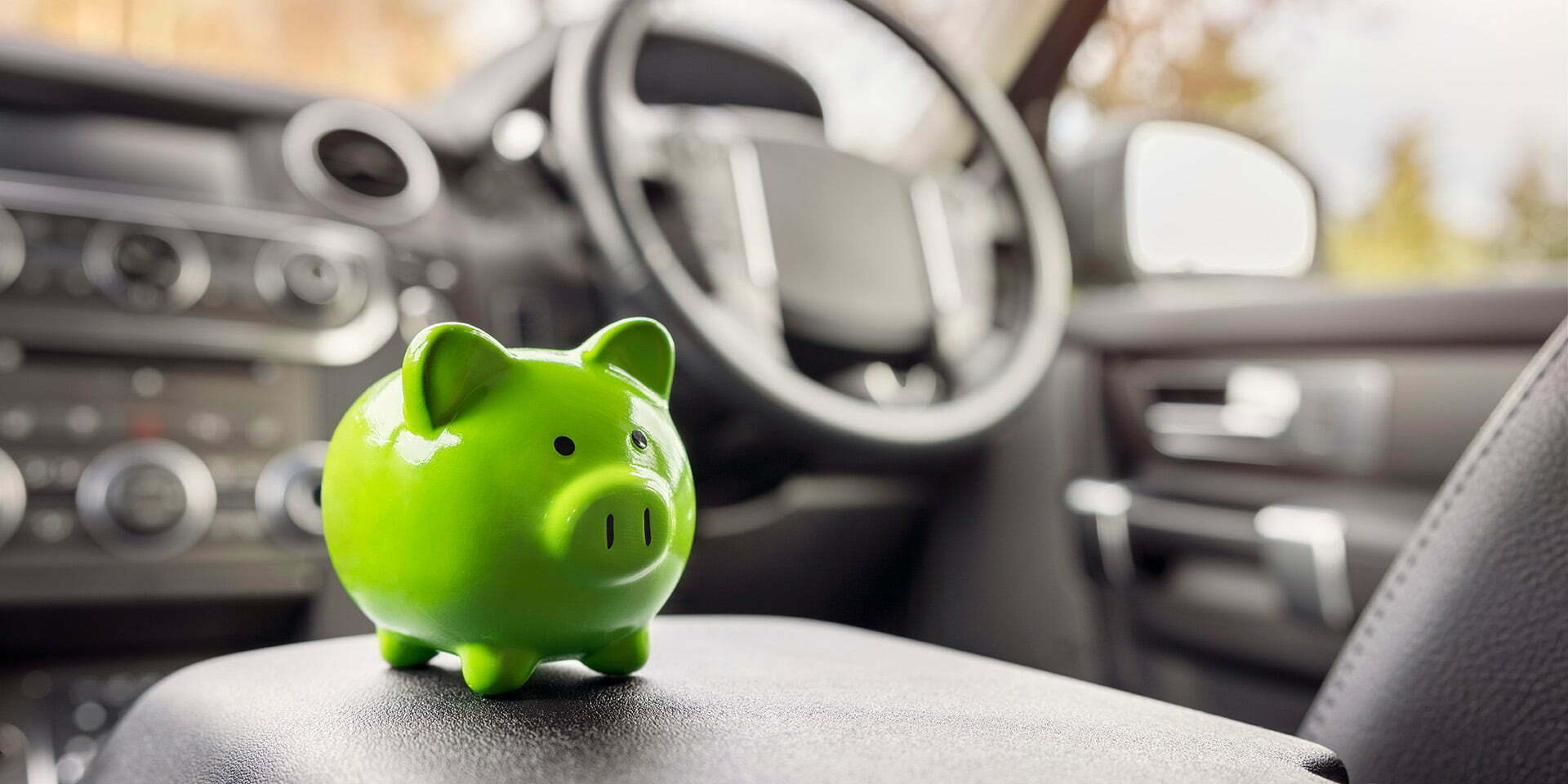As an impending economic recession looms large over the UK, it is now more important than ever to double check that you can afford to run the car you are looking to buy. The Car Expert has tallied up these monthly costs, and they may be more expensive than you think.
Using data collected from insurance comparison site Compare the Market and financial analytics company NimbleFins, The Car Expert estimates that motorists spend an average of £218.10 each month simply on running a petrol or diesel car each month. That’s not including purchase costs or finance payments.
This has increased by about 34% since 2018, when we last compiled similar data (with the caveat that the sources are different).
Based on £218 per month, the annual running cost of a car averages out at more than £2,600. Obviously, some of those expenses are small, regular amounts like cleaning and parking fees, while others are big-ticket costs like servicing, which have been averaged out over a year for this analysis.
With prices at the pumps continually on the rise, the biggest monthly expense by a considerable margin is fuel, which NimbleFins says now costs more than £1,400 a year for the average motorist.
Compare the Market also reports that the typical car insurance premium has also increased by £51 year-on-year to £570, as supply shortages have made both new and used cars more expensive to buy and repair.
Of course, any of these costs will very much depend on your driving circumstances. If you’re filling your tank every week, your fuel bill could be much higher than suggested here. Likewise, if you have to pay for parking every day, or have to pay the London ULEZ and/or congestion charges on a regular basis, your costs will be much higher
As part of your new or used car purchasing plans, you should look carefully at your likely expenses to make sure you have enough in hand each month to cover your known expenses and put towards any unexpected costs that may pop up. If you don’t have enough of a buffer in your finances to cover these bills when they crop up, it’s very easy to fall into financial trouble.
Car running costs breakdown
The table below shows the average amounts drivers spend each month on their motoring costs:
| Item | Average monthly spend |
| Fuel | £119.58 |
| Car insurance | £47.50 |
| Routine maintenance and servicing | £22.75 |
| Vehicle excise duty (road tax) | £13.75 |
| MOT | £4.58 |
| Breakdown cover | £1.50 |
| Parking permits and tickets | £3.67 |
| Fines | £0.35 |
| Cleaning and other costs (like garage rent) | £4.42 |
| Monthly average total (excluding purchase costs) | £218.10 |
As you can probably guess, these figures display a significant increase in prices since the start of the Covid-19 pandemic. A similar article from The Car Expert reported that driving expenses cost the average motorist £162 a month in 2018. This suggests a 24% rise in monthly motoring costs in four years, while the average UK earnings have only risen by around 17% in the same period.
The average monthly price of fuel has risen by £52, the typical monthly car insurance premium now costs £16 more than it did in 2018, and maintenance and servicing costs have been creeping up too. Road tax has also increased slightly, but only by a few pence each month (£5 a year).
| Item | Average monthly spend in 2018 | Average monthly spend in 2022 |
| Fuel | £67.63 | £119.58 |
| Car insurance | £31.64 | £47.50 |
| Routine maintenance and servicing | £15.96 | £22.75 |
| Vehicle excise duty (road tax) | £13.26 | £13.75 |
Because of these price hikes, Compare the Market’s study finds that 35% of the 2,000 motorists they surveyed had struggled to afford the cost of driving in the past month, and 42% of these drivers think they will need to take on additional debt to keep driving their current car.
What you can do to keep costs at a minimum
Actions to save at the petrol station
Ever-increasing fuel costs are the largest expenditure you will face from month to month, so any savings you can regularly make at the petrol pump can really go the extra mile.
To keep your car as fuel efficient as you can, you should make sure your car’s engine well maintained, and that your tyres are properly inflated. Drive in the highest gear possible to conserve fuel, avoid accelerating or braking too hard, and also keep your steering as smooth as possible.
Many drivers also travel long distances to find the best petrol pump deals, but make sure you weigh up the cheaper fuel prices with the distance you need to travel to the petrol station. Check out our full set of fuel-saving tips here.
Servicing plans – check the fine print
A service plan can be a good way to spread your car’s maintenance expenses over the year, but you need to look carefully to ensure that the terms and conditions suit your needs. Usually you will spend more overall but in more manageable monthly chunks rather than in one big hit each year.
Some plans are quite affordable, but remember to check for limitations in the fine print, such as a maximum value for the car’s age and/or mileage. Some providers offer a multi-year plan but lock you into that specific dealership for servicing, which is no good if you move house to the other side of the country.
- Looking to spread your service costs? Get a discount on servicing plans from our partner MotorEasy
Keep some cash handy for unplanned expenses
As we’ve said in our Ten golden rules for buying a car: Any car can go wrong at any time with expensive consequences, so you need to make sure your wallet can cope with it.
It doesn’t have to be a breakdown or failure – it could be a puncture or damaged wheel from hitting a pothole. It could be a broken window from a vandal or thief. It could be that you accidentally put the wrong fuel in your tank during a moment’s inattention, or any sort of unexpected drama.
If you’re so financially stretched that you can’t deal with these inevitable demands on your bank account, you are very likely to hit money troubles at some stage of your car ownership. Instead, you might want to look for a cheaper (or cheaper to run) car.
- Looking for a car warranty? Check out our guide to the UK’s best warranty providers
- Looking for breakdown cover? Check out our guide to the UK’s best breakdown providers
Read more:












